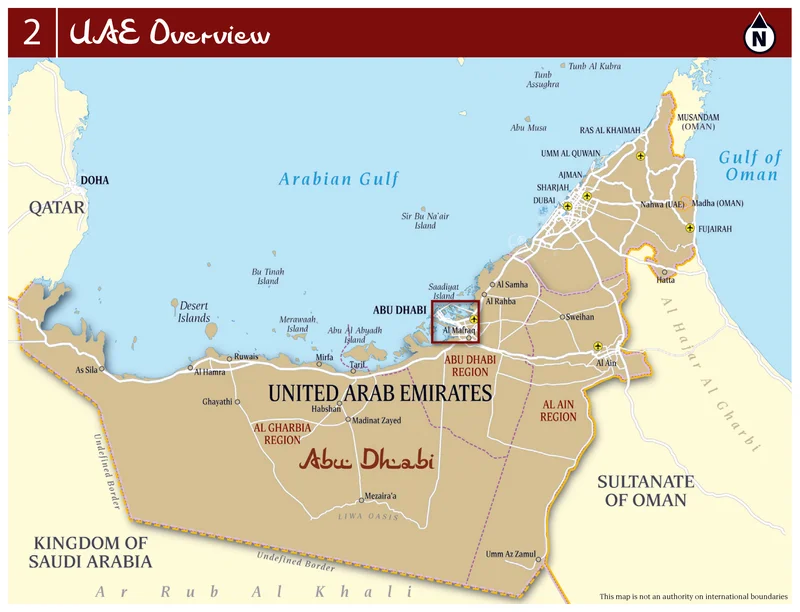Article Directory
Title: The World is Getting Smaller: How Global Trade Blocs Signal a New Era of Interconnectedness
Okay, folks, buckle up because something HUGE is happening on the world stage, and it's all about connection. We're not just talking about faster internet (though that's part of it!), but a fundamental shift in how countries are working together, trading together, and, dare I say, thinking together.
The Rise of Trade Titans
Did you catch the news about the Philippines and the UAE applying to join the Comprehensive and Progressive Agreement for Trans-Pacific Partnership (CPTPP)? It might sound like alphabet soup, but trust me, it's more like a global handshake. This is a big deal. Think of it like this: for centuries, trade was like a bunch of individual shops on different streets. Now, countries are building interconnected malls, streamlining everything, and inviting everyone to join.
Now, I know what some of you might be thinking: "Trade deals? That's boring!" But hold on! This isn't just about tariffs and quotas. It's about building bridges—economic bridges, cultural bridges, technological bridges. The CPTPP itself is fascinating. It's a trade agreement between 11 countries in the Asia-Pacific region, aiming to reduce tariffs and promote trade. It's like a giant economic experiment, and more countries want in!
And what about the situation in Sudan? It's easy to feel helpless when we see headlines about escalating violence and humanitarian crises. But here's the thing: these interconnected trade relationships create a framework, a network of shared interests that can—and should—be leveraged to promote stability and peace. It's not a magic wand, but it's a powerful tool. The article mentions the UN Security Council expressing "grave concern" and the EU pledging to use "all our diplomatic tools." But maybe, just maybe, deeper economic ties can provide the leverage needed to push for peaceful resolutions. Imagine a world where economic interdependence makes conflict unthinkable. Ambitious, I know, but isn’t that where all great breakthroughs begin?
What does it all mean? It means we're moving toward a world where nations are increasingly incentivized to cooperate, to collaborate, and to build a shared future. The speed of this is just staggering—it means the gap between today and tomorrow is closing faster than we can even comprehend.

A World United?
Of course, there are challenges. We need to ensure that these trade agreements benefit everyone, not just the big corporations. We need to address concerns about labor standards, environmental protection, and human rights. But here's the thing: these challenges are not reasons to abandon the project, they're reasons to double down on our efforts to make it work for everyone.
And let's be honest, the current global landscape is far from perfect. As the article about Sudan points out, there's a lot of "culpable indifference" from Western nations. But here's where I see the potential for these trade blocs to make a difference. They create a platform for dialogue, for negotiation, and for holding each other accountable. As Sudan: The UAE's shady role and Western nations' 'culpable indifference' points out, there's a lot of "culpable indifference" from Western nations. But here's where I see the potential for these trade blocs to make a difference. They create a platform for dialogue, for negotiation, and for holding each other accountable.
Okay, I'll admit it: When I first saw the news about the Philippines and the UAE, I honestly just sat back in my chair, speechless. It’s the kind of breakthrough that reminds me why I got into this field in the first place.
This reminds me of the invention of the printing press. Before that, knowledge was hoarded by a select few. The printing press democratized information, empowered individuals, and ushered in a new era of enlightenment. These trade blocs, in a way, are doing the same thing for economic opportunity.
Think about it: what if these trade agreements could be used to promote sustainable development, to combat climate change, to address global inequality? What if they could become a force for good, a catalyst for positive change? It's a tall order, I know, but I believe it's within our reach.
A Glimpse of Tomorrow
This isn't just about trade; it's about building a more interconnected, more cooperative, and more prosperous world for all. And that's a future worth fighting for.
